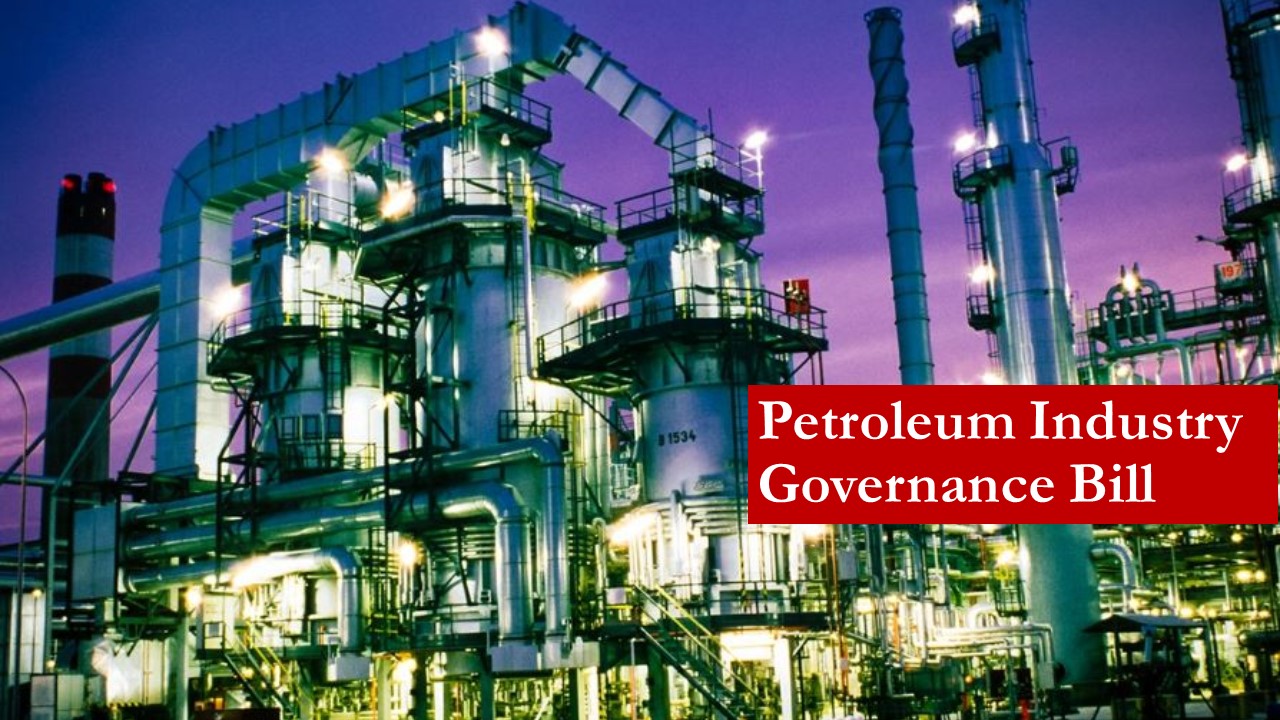Oil watchers believe Nigeria’s gas sector can be channeled to industries for profitable use, rather than being flared which is harmful to the environment.
At separate fora in Port Harcourt and Abuja, participants are optimistic that the Petroleum Industry Governance Bill, when signed into law, will promote accountability in the oil and gas sector.
Nigeria’s economy began to experience a boom at the first discovery of oil in commercial quantity in Oloibiri in 1956.
However, people of the Niger Delta are of the opinion that proceeds of oil sale have not really reflected in a region crying for development.
At separate fora organized by Non-Governmental Organizations “Connected Development” and “Oxfam”, participants believe that the International Oil Companies and the Government should be transparent and accountable to host communities
A 2017 report by the Nigerian National Petroleum Corporation reveals that the country flared 2.5 billion standard cubic feet of gas and consumed 300 million standard cubic feet in 2006.
Much is wasted according to Hamzat Lawal of “Connected Development”.
Participants spoke on “Conflict And Training: Improving Transparency And Accountability In The Oil And Gas Sector And Promoting Agency For Host Communities”.




